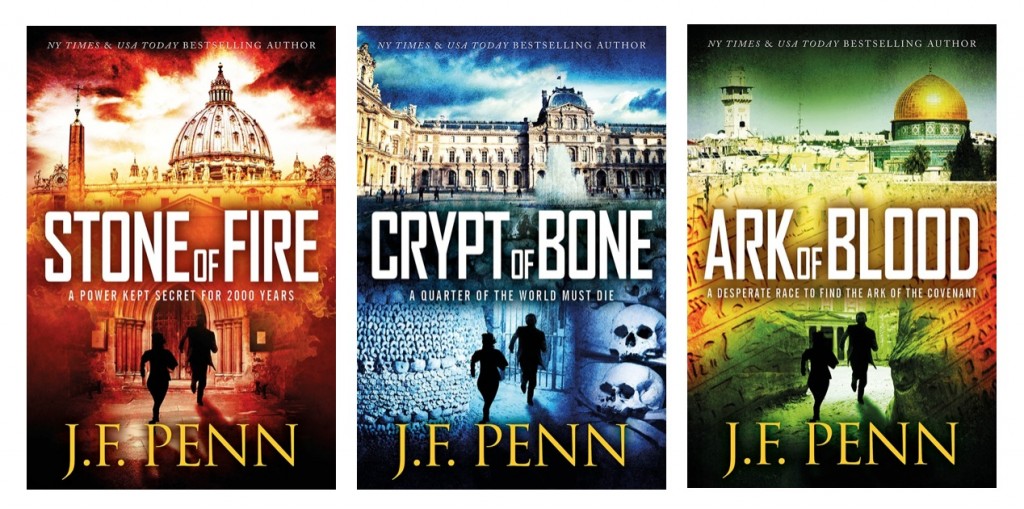Quick links, bringing you great articles on writing from all over the web.
When is the best time to start marketing your book and looking for an audience? Before you even start writing it! Head on over to the Self Publishing Advice Center of ALLI and find great ideas for building your author platform or improving the one you got! I am taking notes!
~ * ~
5 steps To Building A Successful Author Platform Before you Publish: Donna Galanti
 This post is part of Frankfurt Book Fair Indie Author Fringe, an online author conference that showcases the best self-publishing advice and education for authors across the world — harnessing the global reach of the Alliance of Independent Authors’ network. Our self-publishing conference features well-known indie authors and advisors, for 24 sessions over 24-hours, in a one-day extravaganza of self-publishing expertise straight to your email inbox.
This post is part of Frankfurt Book Fair Indie Author Fringe, an online author conference that showcases the best self-publishing advice and education for authors across the world — harnessing the global reach of the Alliance of Independent Authors’ network. Our self-publishing conference features well-known indie authors and advisors, for 24 sessions over 24-hours, in a one-day extravaganza of self-publishing expertise straight to your email inbox.
We hope you enjoy this session. Let us know if you have any questions or input on this self-publishing topic. Visit our Hot Seat and join in the conversation there, or leave your questions and feedback in the comments section below.
Read the full post on Self Publishing Advice Center

 Welcome Ginger Monette who is here to show us how to build an author platform and send your book off with a bang!
Welcome Ginger Monette who is here to show us how to build an author platform and send your book off with a bang! By
By 